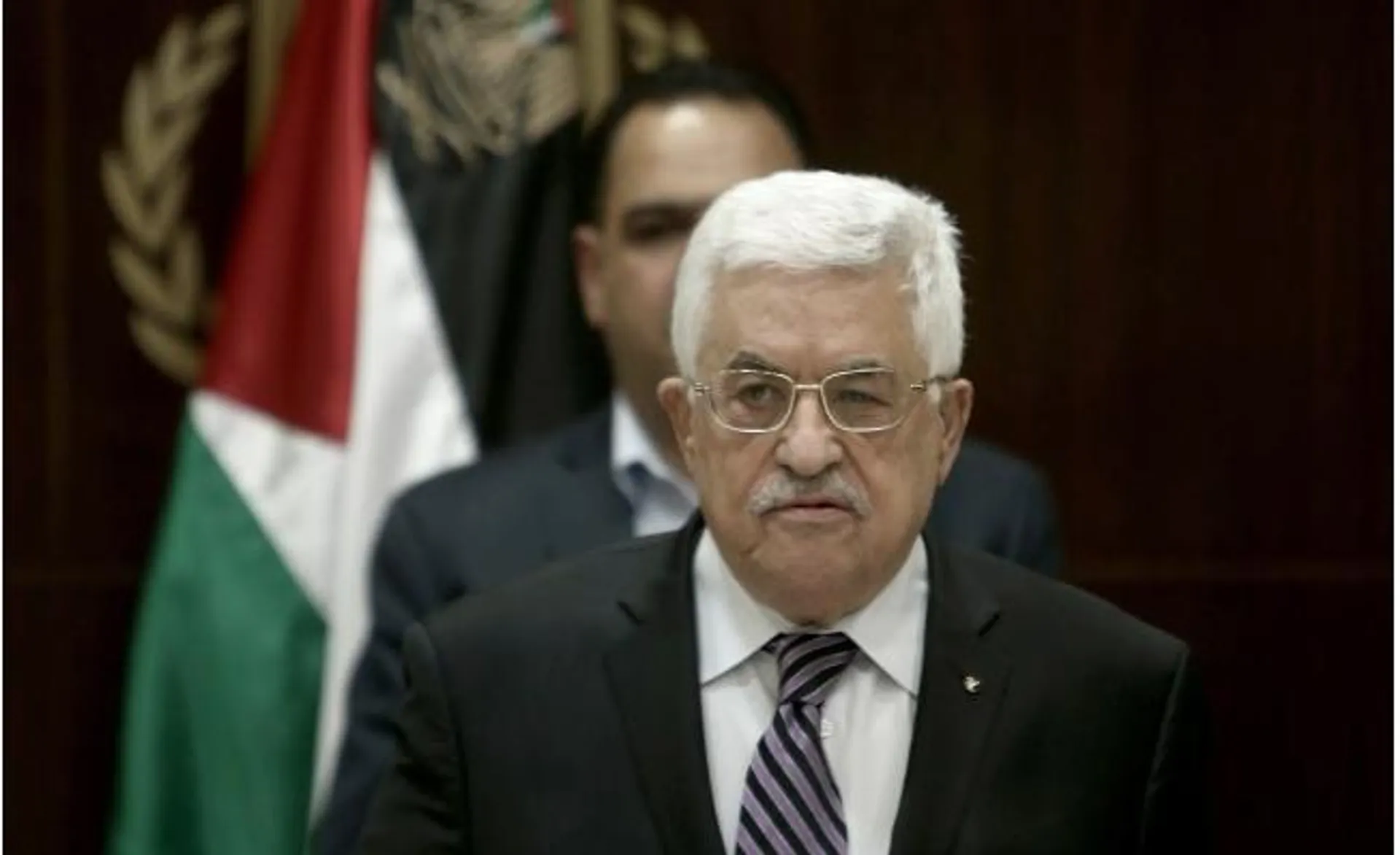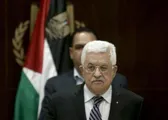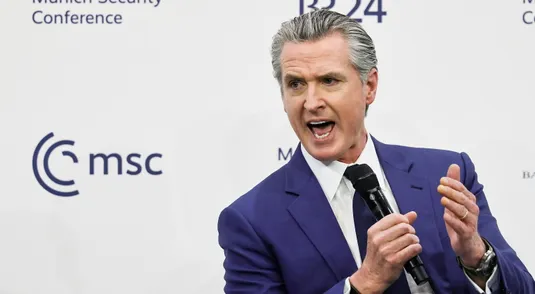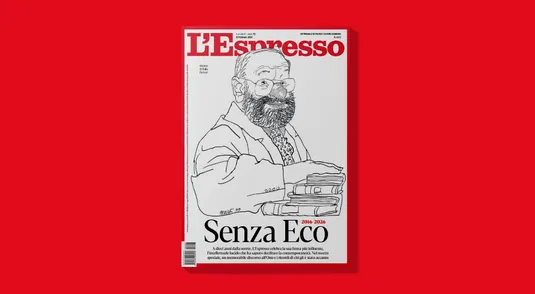Chocked by the deadlock created by the vacant peace process, marked by the incessant proliferation of Israeli settlements and the sporadic attacks perpetrated by the frustrated post-Oslo generation, Palestinian society has been forced to confront two new phenomena as of late: the growing authoritarianism of the PA (Palestinian Authority) and the nearly definitive demise of the local left.
The evidence of the former is splattered on the pages of the few not PA-aligned media outlets and plastically rendered by the widespread repression of any independent voice: unjustified arrests of activists and college students who frequently use Facebook as a platform of dissent, but also attacks on well-known political figures and members of civil society.
The second is due to the abandonment of the social struggle as a prerequisite for the liberation from Israel’s occupation and by the tacit support of neoliberal policies and the parallel economy created by the international cooperation. "If you look closely at the functioning of Palestinian politics, one can observe an unprecedented authoritarian trend,” said Palestinian analyst Tariq Dana during an interview with L’Espresso at Birzeit University, where he teaches International Studies. "The authoritarianism of President Abu Mazen is far superior to that exercised in the past by Yasser Arafat."
The former Rais – Arabic for president – the sociologist explained, was much more tolerant of dissent; critics of the president and his policies were commonplace and people often took the streets to protest peace negotiations with Israel or against Palestinian security forces. "Since then the PA structure has radically changed, becoming an organization that serves Palestinian elites or, in the case of security coordination with Israel, in a functional tool to the occupying force." According to Dana, who in addition to a master's degree in Humanitarian Affairs at the University of Rome has obtained a doctorate in Politics and Human Rights at the prestigious Sant'Anna School of Pisa, the crowbar used by Mahmoud Abbas (Abu Mazen) to control dissent is often economic. An example of this form of political pressure can be traced in the 2015 freezing of the funds of organizations and foundations of former Prime Minister Salam Fayyad and Yasser Abed Rabbo, the former Secretary General of the PLO and prominent member of the Palestinian leadership.
Rabbo was politically shelved after years of service and replaced with the historic chief negotiator Saeb Erekat, apparently more akin to Abu Mazen’s agenda. According to sources within the PLO, both were entertaining liaisons dangereuses with the United Arab Emirates, which today are the largest sponsors of the main political opponent of Abbas, the infamous and ostracized former head of the PA security forces in Gaza, Mohammed Dahlan. Last April, the cancellation of the funds intended for the Popular Front (PFLP) and the Democratic Front (DFLP), due to friction with the presidency, did kick up a fuss.
The president has de facto control of the Palestinian National Fund – the body that funds Palestinian political parties – which gives him a formidable weapon of control against dissenters. Another controversial case has involved the recent ouster of the governor of Nablus, Akram Rajoub, the cousin of Jibril Rajoub, a sworn enemy of Abu Mazen and former strongman of Yasser Arafat who has recently rebranded himself as head of the Palestinian Football Association (PFA). The governor was fired on the spot after a Facebook post in which he accused the president of continuing, against popular will, the controversial security collaboration with Israeli forces.
According to numerous surveys carried out by PCPRS, three-quarters of Palestinians oppose the cooperation. But the attempt by the Palestinian president to consolidate his authority is also declined through legal and institutional instruments. The local press recently reported the creation of a new Palestinian Constitutional Court, composed of nine judges – all chosen by the presidency – in order to approve or quash the many decrees issued by Abu Mazen. The Palestinian parliament, which has a Hamas majority, has not been working since 2007, the year of the schism after the election victory of the Islamic militant group. The methods and composition of the new legal body, according to journalists and analysts, transparently reveal the intentions of Mahmoud Abbas to further consolidate his power, and that he has, at least in the short term, no intention of leaving his post. Not only has there been repression against opposition parties and politicians, but civil society, especially trade unions, as well. Amidst the recent wave of strikes calling for the renewal of a national contract for public workers, Palestinian forces have more than once arrested, even if temporarily, the general secretary of the civil servants' union Bassam Zakarneh.
The union – which in theory represents more than 160,000 workers – is still considered illegal by the PA, following a decision of a committee set up by Abbas himself in 2012. On February 18, Palestinian forces in Ramallah arrested 20 teachers and two principals during a demonstration held by some 20,000 educators who were protesting the broken promises by the government to raise wages. Besides the use of riot control agents (trained, among others, by Italy), the Palestinian security forces set up checkpoints to prevent demonstrators from gathering. Some teachers claimed that the police threaten them and accused them of being "agents of Israel" and conspiring against the Authority. Abu Mazen’s grip on the press and on local-independent bloggers – both close to Hamas and independents – was recently highlighted by the Media Freedom Index report, which stressed that although Israeli forces perpetrate the vast majority of violations against Palestinian journalists, violations committed by Palestinian forces are on the rise. In 2015 alone, there were roughly 116 cases of press violations by Palestinian forces, according to MADA (the Palestinian Center for Development and Media Freedoms).
"This authoritarian trait," explained Dana, "is very similar, with some differences, to Fascist Italy in the thirties, where the guilds close to power were protected and those who adverse it were violently attacked." In this widespread repression of dissent, where is the Left? "Grassroots organizations have disappeared and the survivors have become part of the NGO universe," explained Dana. They have become elitist: instead of being the megaphone of their the base, they implement the donors agenda by transmitting neo-colonial values, and supporting an apolitical approach rather the politicization of the social struggle". The crisis of the parties of the Palestinian Left, the Popular Front (PFLP), Democratic Front (DFLP) and People's Party (PPP), began, as it did throughout the rest of the world, with the fall of the Soviet Union, and has since continued up to the present day. Since the creation of the Palestinian Authority within the framework of the Oslo Agreements in the mid-90s, the parties of the left have found themselves at a crossroads: either support the agreement or boycott it like Hamas. The left chose a third way: to boycott formally Oslo, but remain part of the games and be the recipient of the large donations from the international community.
The Agreements have also put an end to the armed wings of these parties – which in the 60s and 70s were protagonists of significant operations and acts of terrorism – further eroding their revolutionary component and appeal. The NGOs of the left, many of which very much respectable -Al-Haq that documents violations of Palestinian human rights by Israel and Addameer that provides legal assistance to prisoners in Israeli jails are some examples- are deeply intertwined with the agenda of European donors. While doing an excellent job, they have effectively institutionalized and harnessed the parties of the left and subsequently cut off its base.
"The left," concluded Dana, "has stopped speaking the language of the people, it has tacked on a reformist rather than revolutionary approach, abandoning the class struggle and ideology: it has become a hostage of the division between Hamas and Fatah." In a time when the neo-liberal policies introduced by former International Monetary Fund (IMF) and former Prime Minister Salam Fayyad –very much supported by the US and EU and strangely in line with Netanyahu’s strategy of "economic peace" – rule, social criticism is completely absent, and indeed the left is often colluded.
In addition to the galloping speculation bubble ridden by property speculators close to the PA – in the West Bank only there are allegedly some 30,000 vacant apartments – the exponential growth of consumer credit when nearly 70% of state employees are deeply in debt, and, more generally, in a time when the race for consumerism, driven by the nouveaux riches within and close to the Authority, has consolidated the status quo, the left has fallen silent. Social injustice created by the neoliberal model is steadily growing worse, pitting small towns and refugee camps against the elite of Ramallah. The new reality has swept away the remnants of the radical approach taken by Palestinian leftist groups of the past, of which now, perhaps, only the beautiful red kufyeh remains.
Mondo
27 maggio, 2016The 'rais' Abu Mazen is trying to concentrate all the political power in his own hands. And repression of free speech and dissent, including independent press, bloggers and unions, is becoming more and more fierce
West Bank, Mahmoud Abbas's repression and the defeat of the Palestinian left
LEGGI ANCHE
L'E COMMUNITY
Entra nella nostra community Whatsapp
L'edicola
Senza Eco - Cosa c'è nel nuovo numero de L'Espresso
Il settimanale, da venerdì 13 febbraio, è disponibile in edicola e in app




